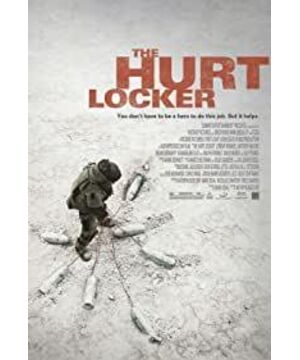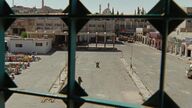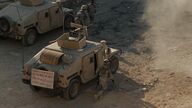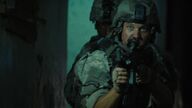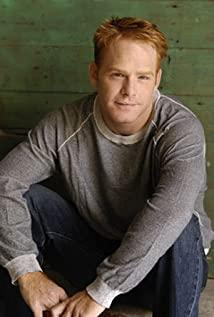There are three points that prompted me to watch this movie:
1. I heard my favorite radio host, Terry Gross, interviewing the director of this film. She asked, "Are you also auditioning for the cat? The cat in the movie has three legs and some are scrawny, which is very impressive." The director replied "No. It is a benefit of shooting in the battlefield." (The film was shot in Sudan.) The real scene makes me feel a plus.
2. I listened to a bbs broadcast and interviewed relevant soldiers in the battlefield, saying that the movie was quite real. I am most afraid of the kind of hypocritical Hollywood blockbusters, and the recognition of real soldiers made me decide to watch it.
3. After all, he won an Oscar. Although I have been disdainful of Oscars since winning the "Crash" award, I am still curious about their vision this time.
Feelings after reading:
1. The director has ideas. The shooting method is quite special, constantly changing the angle of view, and sometimes it feels immersive. . In the interview I mentioned above, the host also mentioned that the explosion here is not like other Hollywood blockbusters. After watching it, I think it's "cool" and it's over, but I think it will explode right in front of you.
2. The story about the war is quite complete: although the story focuses on the bomb disposal unit, this unique perspective not only allows people to see the unique work of the bomb disposal team, but also the impact of the entire war. The plot includes being killed but not killed; bombs placed on the ground, bombs in dismantled cars, human bombs dismantled, human flesh bombs for dead children, shooting battles between the two sides, confrontations with intellectual families, families, comrades-in-arms Relationships, soldiers with psychological problems, soldiers who are not afraid of death, etc. It's all!
3. The war is really cruel, it is too cruel to both parties in the war and to the civilians. The Iraqis are so pitiful. We are so happy.
Reasons I don't like it very much:
1. I don't completely like the method of shooting, although I admit it is very special. Especially the use of slow motion makes me feel a little weak. (Maybe it’s because I didn’t take it too seriously.)
2. I don't like the character's personality very much. The leading actor is very special. He is not afraid of death, not afraid of being in danger, and not afraid of injuring his men. At the same time, he has a special compassion and sense of responsibility. It should be said to be pleasing. And it is in line with the theme that the director wants to express: war is poison and it is addictive. But unfortunately, I personally don't like this kind of personality, and I feel that it is still a bit too unconcerned for others. If I change my dishes, I will have a completely different level of devotion and understanding. I think maybe everyone has their own weakness, this is completely my personal preference.
3. After watching the movie, I read the evaluation on imdb, and several real soldiers said it was not true. I will quote it to interested students, but I’m too lazy to translate:
Three EOD guys trouncing around Bagdad on their own????? Get Real... No chain of command????? Get Real... EOD clearing buildings??? Get Real....EOD/ Military Intelligence / Sniper qualified buck sergeant???? Get Real.... Wait... I shot and killed a bad guy and then let two guys take me without firing another shot or being injured at all???? Get Real... .I carjack an Iraqi civilian, while I am only armed with a 9 mil, break into another civilians house, get punked by his wife then make it back to camp on foot in the middle of Bagdad at night without as so much as a scratch or confrontation???? Get Real... (by JP at imdb)
4. I happened to listen to an interview with Terry Gross, an interview with a writer. This writer tells another story in the war: some American soldiers decided not to obey orders after being hit. Because if they fight again, they will go crazy and kill innocent people indiscriminately. . She told the story: A young soldier was bombed to death in order to protect the other 4 fighters. The general hero story ended like this, no one asked what happened to the other four fighters. But the fact is: these four fighters have been living with extreme guilt, thinking, "Did I not do enough at the time? Could I have saved him?" This pressure is also indescribable.
She also mentioned that a large proportion of human brain traumas in the bomb disposal unit, and that a soldier who was also a first-class sergeant was under too much pressure, and finally committed suicide with a gun. He didn't even want to die when he committed suicide, tilting his head to the side. It was all pressure that crushed him. The companions who have witnessed all this are no longer willing to obey orders.
Of course, the original screenwriter of this film is also a war correspondent, and it is estimated that there are many facts. But I really think, why are there always true stories that move me more?
View more about The Hurt Locker reviews


